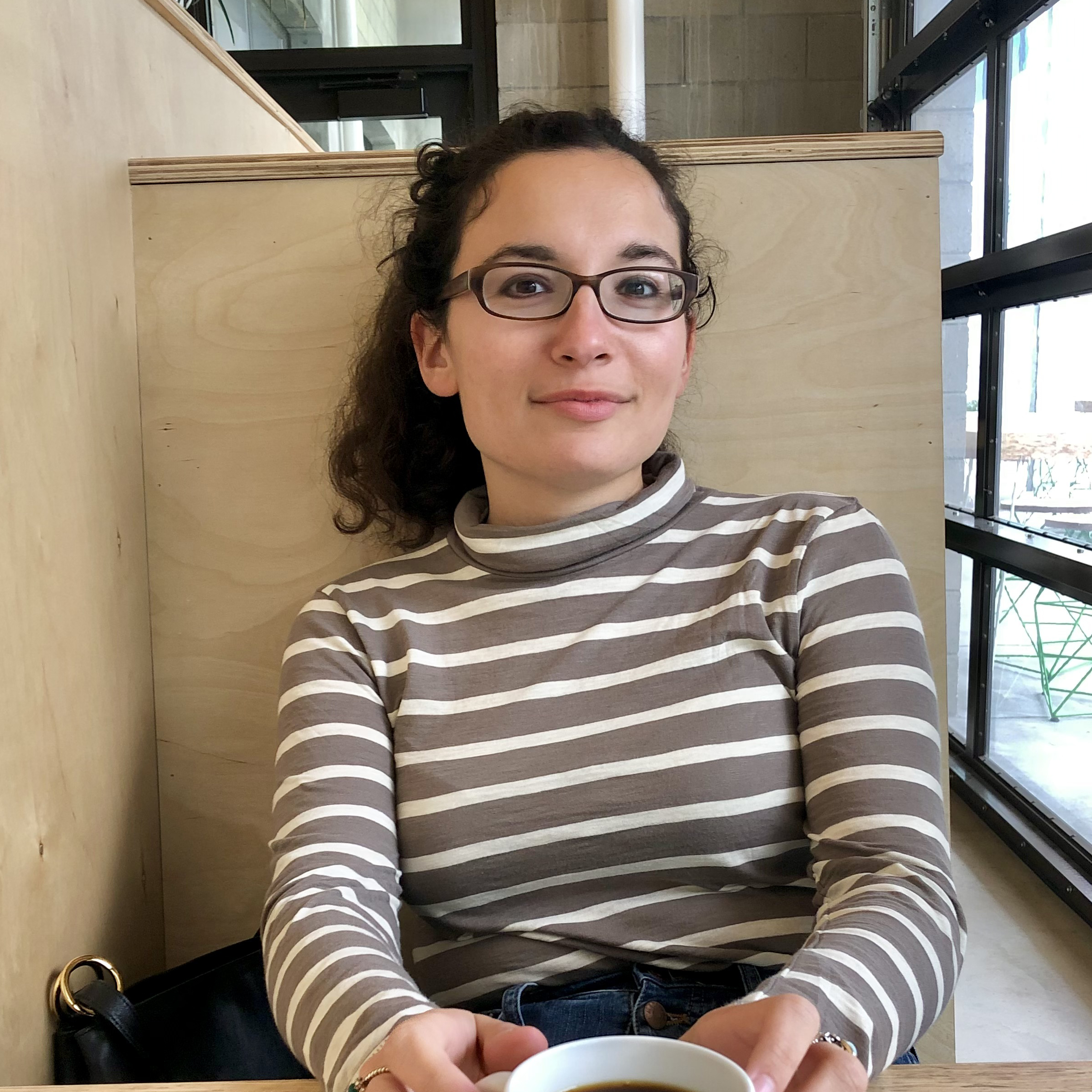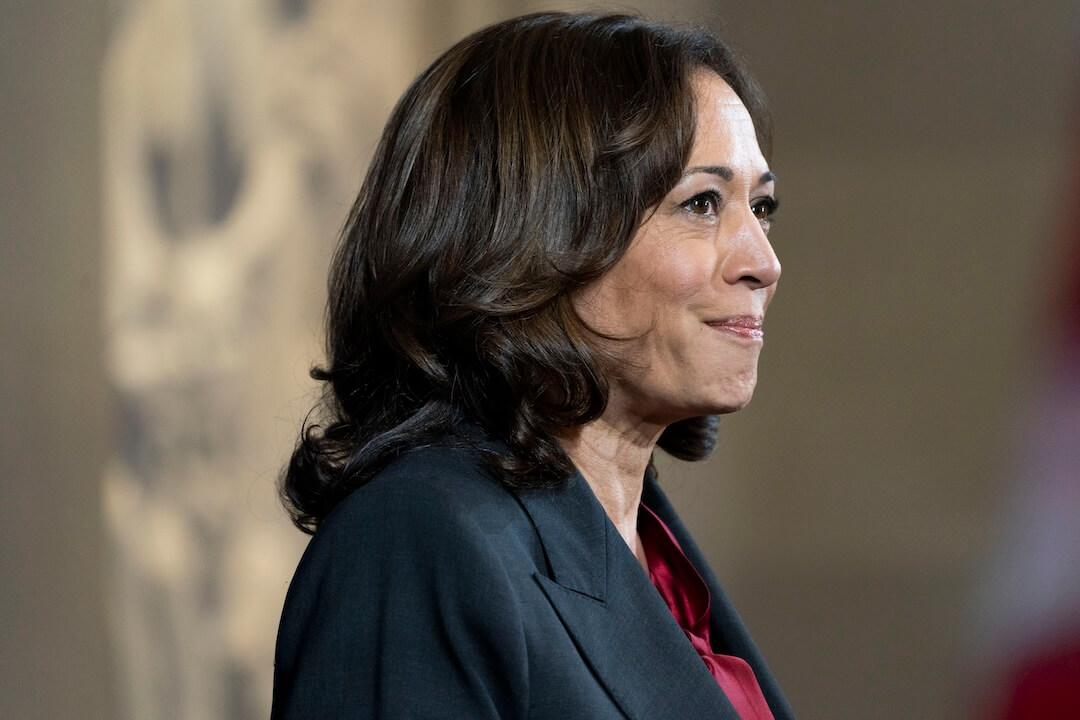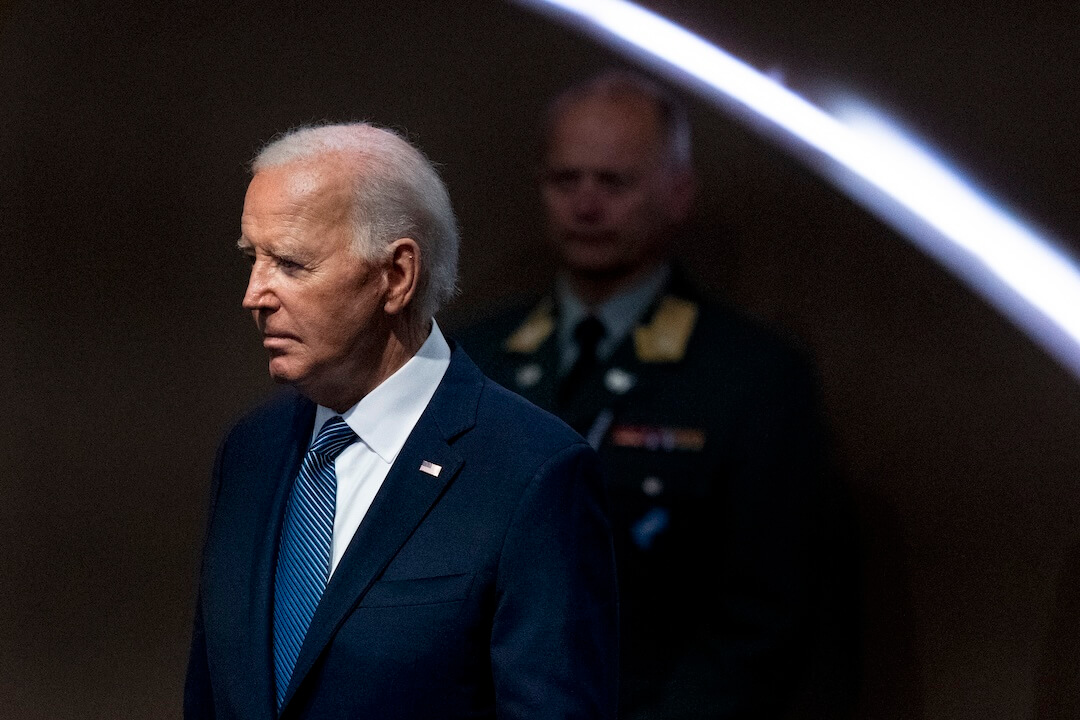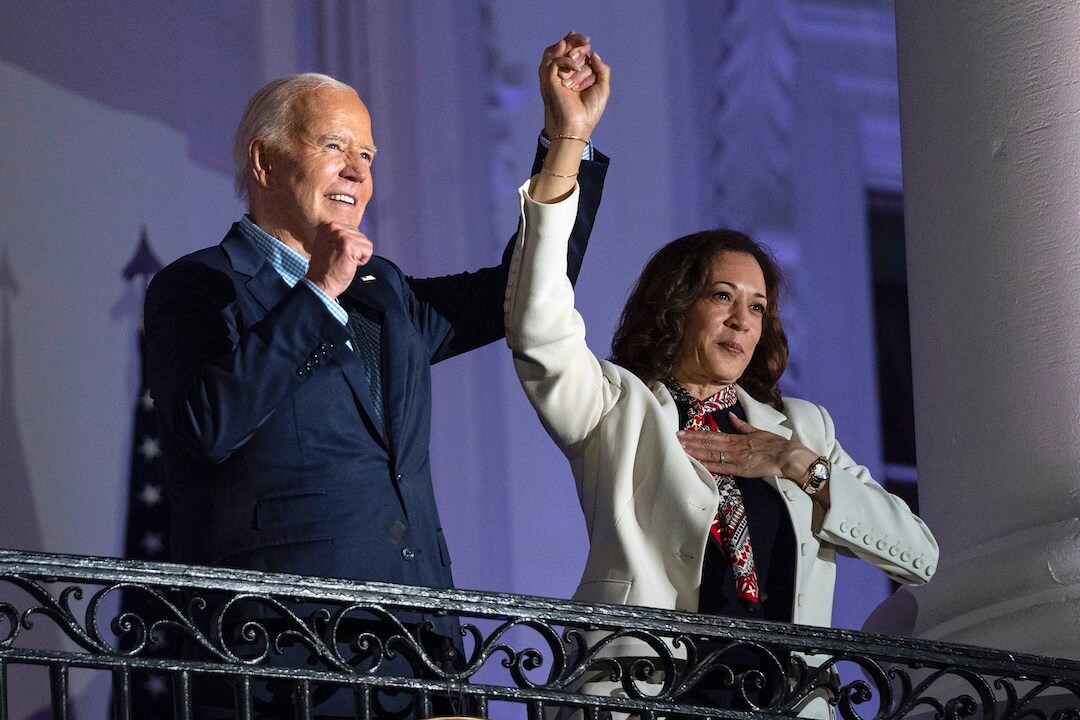Aside from major conflicts in Ukraine and Gaza, U.S. audience interest in global topics often ranges from spotty to nonexistent. Articles about war in Sudan or violent gang warfare in Haiti are relegated to the outskirts of news websites — if they’re even written at all.
What do American readers want from international news coverage?
News organization Global Press has tried to answer that question with a report on U.S. audience demand for international content. The key findings are enlightening: American readers surveyed are hungry for more global information, but they want it from journalists who actually come from the places they cover. They don’t want to see a disaster narrative constantly reinforced — they want to see solutions. And they aren’t interested in generic language that refers to wide groups of people — these only bog down the text and can reinforce harmful stereotypes.
“Is it true that international coverage receives less views than domestic news? It is. Is that an indicator of how much people care about the world? It is not,” said Cristi Hegranes, Global Press CEO and publisher. “It’s not that people don’t care about the world. It’s that they don’t care about the way the world’s stories are told.”
‘We should tell them better stories about the world’
Hegranes founded Washington, D.C.-based Global Press in 2006 as a way to diversify international news by helping local journalists report in their own communities. Rather than focus on an American or Western audience, she wanted to inform readers from the places in which a story was based.
In 2016, analytics began to reveal an increase in American readers. Hegranes said it was a surprise because most Global Press stories are found through multilingual distribution networks. Yet the U.S.-based readership continued to grow. By 2020, it was the organization’s top audience, which prompted the report.
“We took the opportunity to really stop and say, ‘Who are you people and what are you doing here?’” she said.
Global Press conducted online surveys with more than 1,200 American participants from a variety of demographic backgrounds. There was one requirement: Survey-takers had to have read international news “at least a few times a month,” according to the report. Of these readers, Global Press found that 77% wanted stories written by local reporters “representative of the communities they cover” and 71% preferred writing with “dignified and precise language” about its subjects.
When they saw traditional international journalism, often conducted by a white male reporter not from the country in which he was reporting, survey participants were able to say, “No, that’s not quite what I want.” But when they watched the pieces shift, watched the person who told the story change or the angle go from a disaster to a solution, participants “really came alive,” Hegranes said.
She said they thought, “We didn’t know that was on the menu for us, but now that you’re telling us it’s on the menu, we know that we want it.”
“When the leaders of foreign bureaus around the world are American and they are in charge of what becomes a story, they are using this old archetype for building stories,” she said. “They think they’re offering U.S. audiences what they want, but we’ve just proven that they actually want something very different.”
The report was published in partnership with Media Impact Funders, a national membership organization that works to educate and convene media and journalism backers. Scattered throughout the report are suggestions for not just those who run media organizations, but those who may want to support them financially.
“Our intention is that through increased commitment to international journalism, funder collaboration will help develop best practices for the work, as well as inspire more effective funding for journalism worldwide,” said Nina Sachdev, Media Impact Funders’ director of communications.
Global Press’ survey first allowed respondents to offer their current opinions on international reporting. Then, they were shown a number of videos explaining parachute journalism and alternative models of international journalism. Finally, they were asked again for their thoughts. Often, they had shifted.
At first, only 12% of readers preferred local reporters based in the communities they cover rather than U.S.-based reporters. But once they watched videos of Global Press reporters based in countries like Zimbabwe and Mexico, their preferences shifted — from 12% to 35% — toward local journalists.
“Generally, if you are from somewhere, you are more compassionate … more in tune,” said one participant, described in the Global Press report as a 51-year-old Black woman born in the United States. “You know more history; you know the facts. … I know Columbus, Ohio, more than most people because it is my hometown, so could I report the news from there more than most people? Absolutely.”
To collate their views on generic and imprecise language in news stories, survey participants were offered a selection of passages from legacy media. Global Press then rewrote them using its style guide, which does not allow phrases like “Global South” or “ethnic,” instead using more detail and specifics to tell the story.
In one question, readers had to choose between two paragraphs on climate issues in Zimbabwe.
The first read: “The Global South has struggled with funding for innovative agricultural solutions, despite increasing drought and unpredictable weather.”
The second, rewritten per Global Press guidelines, was vastly more defined: “Zimbabwe faces increasing drought and unpredictable weather. But only 7% of the country’s annual agriculture budget goes to innovative solutions, such as drought-resistant seeds and solar-powered irrigation.”
About 73% of participants found the second passage clearer and more interesting, and 76% found it more meaningful.
“We found that audiences in the U.S. were really annoyed, honestly, with so much of the language that was used in international stories,” Hegranes said. “We don’t use the terms ‘developing world’ or ‘global south.’ The reason we don’t use those terms is because they force people to make assumptions. They don’t really know what they mean. They are sanitized synonyms for poverty.”
Readers were also eager to learn more about how a problem could be solved rather than simply that it happened. Survey participants were given choices between two headlines about a community, one focused on a problem and one on a solution. In every instance, a majority of readers was more likely to read the solution-based story than the problem story. For example, when choosing between “Can eggshells save one of Mexico’s most polluted rivers?” and “Factory wastewater and local garbage make Lerma River most polluted in Mexico,” 62% of participants preferred the first over the second.
The report also named diaspora communities as an untapped audience. Some participants born in a different country than the one they lived in still read news about their birth country.
“This report is the first real data-driven understanding of what people want and that we could do it differently,” Hegranes said. “If we did it differently, we would better serve people in this really complex global moment. People want to know about the world — we should tell them better stories about the world.”
‘Opportunities were not flowing both ways’
Global Press’s work is in line with what a number of other nonlegacy international news organizations are doing across the globe.
Unbias the News, a Berlin-based global newsroom, bills itself as “a feminist cross-border” organization “working towards a more equitable and inclusive world of journalism.” The project was initially started through Hostwriter, which matches roving journalists with reporters already based in the country from which they are reporting.
“But we were hearing over and over again from people that opportunities were not flowing both ways,” said Unbias the News’ editor-in-chief, Tina Lee. “People were really interested in being able to come to the Democratic Republic of the Congo and write a story about Congo, but when (local reporters) wanted to pitch a story from Congo to other places, nobody wanted it.”
The news site started as an anthology with the same name about the importance of diversity in journalism, but Lee and the others involved quickly realized this spanned more than the book’s collection of 31 reporters. It was worth starting a newsroom that could harness lessons from international journalists, Lee said, and create the opposite of the reporting they had critiqued.
From its 2021 beginning, Unbias the News wanted to serve a young, international and female audience. And much like Global Press, even though they didn’t set out to target the United States, the country usually represents its biggest reader.
The newsroom maintains a strict editorial policy: First, they will collaborate with local journalists and a diverse array of journalists, not just “white, male, Western voices.” Next, Unbias the News is an “anti-racist, feminist and inclusive publication,” which translates in their copy to referencing “historical context for modern-day inequalities” and taking “special care in reporting on crime and poverty,” among other elements. They won’t use language that “amplifies stereotypes”—for example, they will lead with where a person has emigrated from or to rather than simply call them an immigrant. Perhaps most important is their mandate that sources be presented with “agency and dignity.”
“We want to show people that are multifaceted,” Lee said. “Even when bad things happen to them, they have power to make choices and question what happens to them and to go after the source of their misery.”
Lee also believes strongly in journalism that offers context and a possibility for change. Last spring, Unbias The News published The Sinking Cities Project, a collection of stories looking at how sea level rise is affecting major global cities and how governments are responding to these issues. One story, “Lagos: Profits over preparation,” examined how a lack of institutionalized protection for Lagos, Nigeria’s wetlands may have led to their at-risk status now. The project as a whole was one of five organizations to win the 2023 Climate Journalism Award from the European Journalism Centre, awarded in part for its “collaborative, cross-border approach with local voices and reporting,” per judges.
But Lee wonders whether that result would ever have happened had the story been written by the typical American international journalist, usually a white, male reporter who might fly in for a few days and use locally-based fixers to aid in the bulk of their interviewing. Would readers have been moved in the same way?
“If you’re from there, your objective is, ‘We have to change this. We have to do something about this,’” she said. “But from a D.C. or New York perspective, I don’t really care who the local politician is who signed off on that. I close my newspaper and go, ‘Interesting.’”
The New Humanitarian is another news outlet trying to change the face and method of international journalism. Its sharp focus is humanitarian crises.
The job of covering humanitarian crises every day is generally associated with hopelessness, said Josephine Schmidt, the global news organization’s executive editor. But she sees it as the opposite.
“If we do our jobs well, we are in the business of creating hope, or at least planting the idea that there is a way forward,” she said. “… I think it really is our responsibility as journalists covering these crises to offer a way forward and to offer a next step.”
Unlike Unbias The News and Global Press, The New Humanitarian’s audience is roughly evenly split between North America, Europe and the rest of the world. Its core audience, Schmidt said, is professionals in the emergency aid sector, which entails covering humanitarian crises and the mechanics and ethics of humanitarian response.
‘The current journalistic model is broken’
Schmidt doesn’t find Global Press’ report surprising.
“We take the stance that the current journalistic model is broken,” Schmidt said. “To be clear, we absolutely believe in the power and impact of journalism and, in our case, that impact is to improve the lives of people living in the midst of crises. But we believe the way journalism is practiced is broken.”
The New Humanitarian routinely surveys readers on what they want from international news. Their most recent questionnaire revealed that their audience has trouble finding unbiased international news, and what coverage they do find is often formulaic and canned, Schmidt said. Many readers want consistent coverage of chronic crises, not just stories during an emergency or when an issue is heating up.
The New Humanitarian’s July 2022 “WhatsApp, Lebanon?” story is a powerful read. The article features the WhatsApp messages exchanged among five friends living in Lebanon over a period of mass protest, economic instability and the explosion at the Beirut port. It is an intimate portrait of residents’ daily lives while interspersing important context about the news events impacting them.
“That type of reporting takes a whole lot of time — it’s building relationships and trust in the communities we report on,” Schmidt said. “It is slow journalism. It is journalism that is largely on the ground. You don’t just jump in and out and do it — we will often take three weeks, a month, even a few months to work on a story.”
Hegranes sees Global Press’ report as validation that there is a demand for better international journalism.
There are already news organizations leading the way.
“I truly believe what we are trying to do in creating a new form of journalism is not something that is only on the edges of the media world,” Schmidt said. “We and other newsrooms are trying to find a more equitable, respectful and honest journalism and approach to storytelling. I think, eventually, this is the approach that will set the standard for all truly world-class journalism.”







Comments